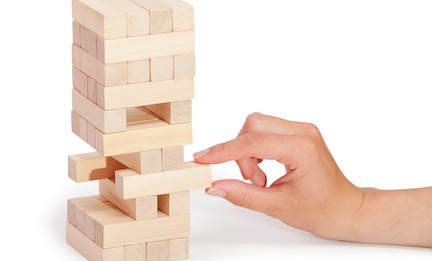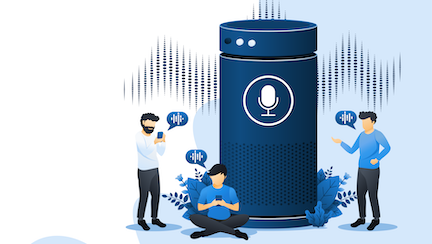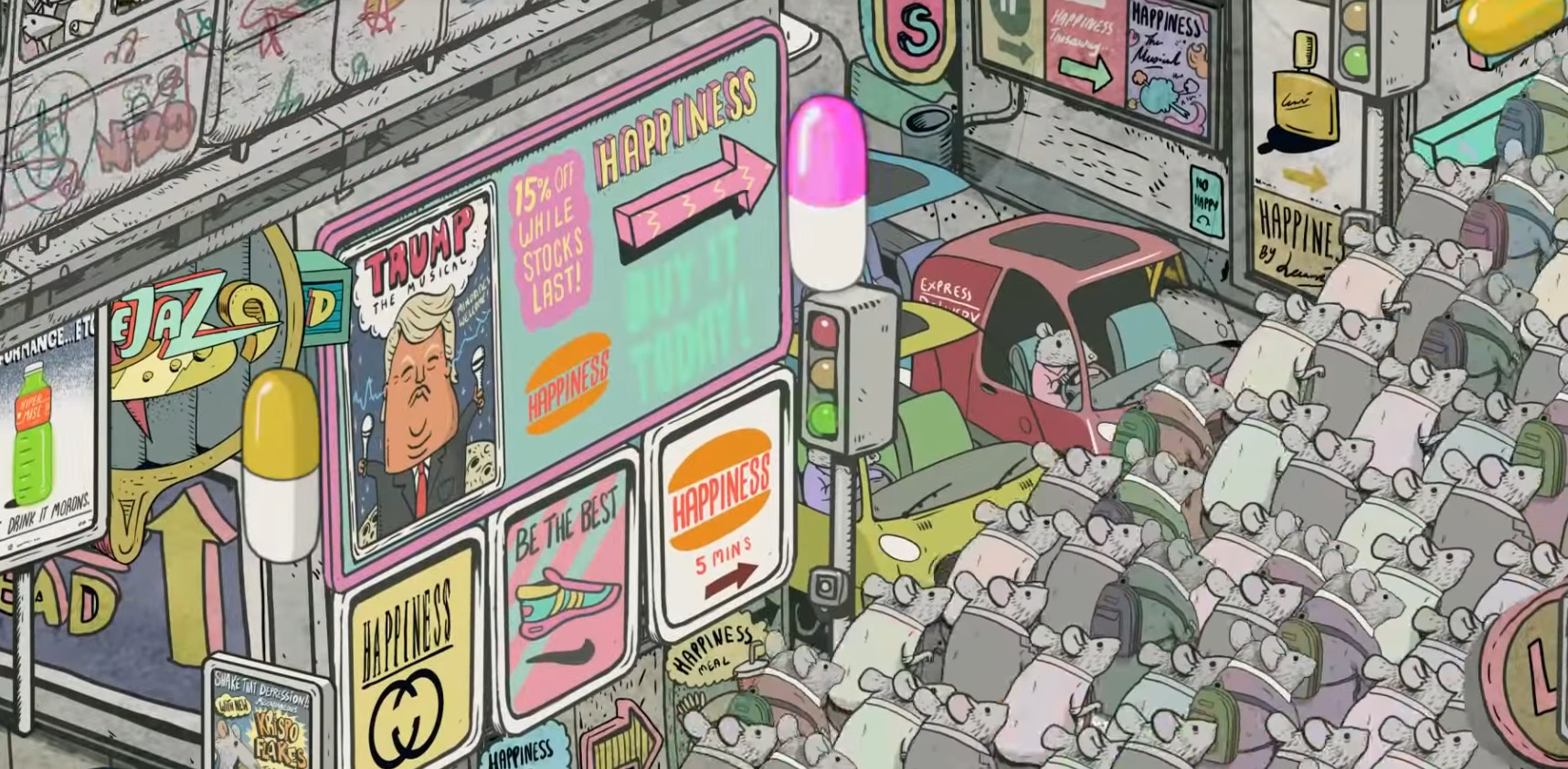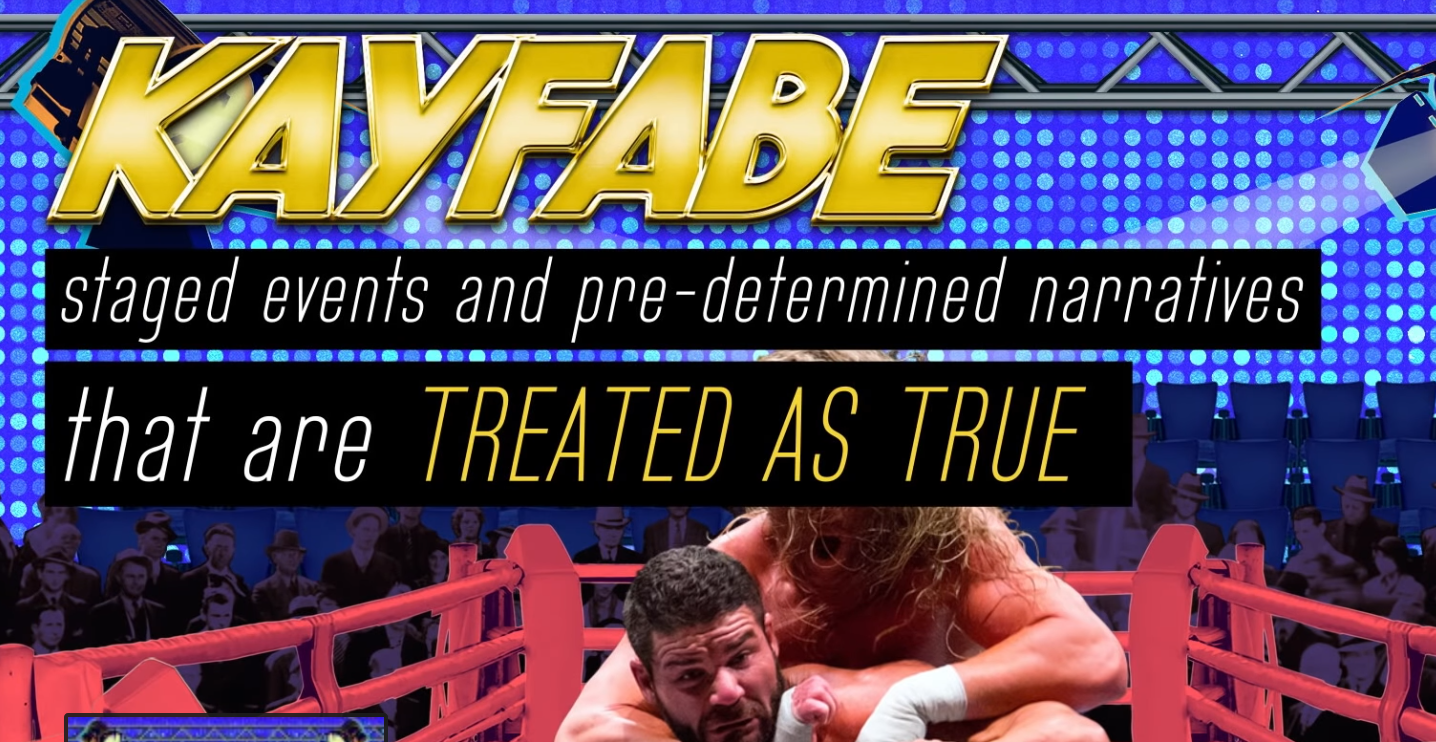
Emotions, mindfulness and the Law of Thermodynamics.
That anger you’ve kept deep down inside? Held in? Tried to get past by ignoring it?
I’m here to tell you that it never went away.
Remember that deep, throbbing heartache of that one failed relationship? You know, the one that, instead of resolving, you tried to smother by keeping your mind busy or self-medicating?
Well, that feeling didn’t go away either.
Why we try to manage our unwanted emotions.
No one wants to feel bad. It’s also understandable as to why our first reaction to unwanted feelings is to try to force and contain our anger and hurt to a smart part of our mind space.
The bet is a bit like closing your eyes and hoping what troubles you simply gives up an goes away on it own. Or when you’re holding the feeling deep down inside you, it’s like you’re trying to drown your feelings until they die and go limp.
While I rarely get angry, for years, when I did, anger was a feeling I rarely expressed. When I felt it, I held it in. While I didn’t express anger openly, it showed through my voice or body language. Stressed looking eyes. Tight shoulders. Headaches.
My anger didn’t leave. It was simply expressed differently. Manifesting in physical forms. Physical forms that can also affect your health.
Over time, emotional pain becomes physical pain.
I’ve learned from my own life that your emotions and managing your emotions really have to be understood in terms of the Law of Thermodynamics. Particularly the first law. Also known as Law of Conservation of Energy, it states that:
Energy cannot be created or destroyed. Energy can only be transferred or changed from one form to another.
For example, turning on a light would seem to produce new energy; however, it is just existing electrical energy that is being converted into light and heat. The balance of the light and heat created is equal to the electrical energy used. The electricity didn’t disappear it simply changed.
The dumbed-down version of the First Law of Thermodynamics:
Everything goes somewhere.
A phrase I stole from children’ show Beakman’s World.
Your feelings are a form of energy. Brain, mental energy, whatever you want to call it. Whether it’s anger, heartache or fear, it’s an energy that motivates you forward or can serve a force that holds you in place. The energy of those emotions doesn’t just disappear into nothingness. It all goes somewhere.
You rarely eliminate or repress a feeling into nothingness, it turns into something else. Body damaging stress. Anxiety. Grudge. An attitude that can create a failed marriage. Physical stress, etc. I’ve come to believe that part of staying healthy is how what you choose to convert or manage that emotional energy inside you. The way that has been incredibly useful for me for managing my emotions is mindfulness.
Mindfulness.
Emotions can control us and our actions. Despair about losing a job. Hatred for someone. Any feeling can become dangerous if allowed to compact and collect in your psyche when you hold them in or don’t deal with them.
Mindfulness can help you create a state of emotional flow and management that allows you to avoid creating or inflaming unwanted emotions. It also helps reduce the friction when your ego or expectations for a particular outcome sharply rub up against your perception of the events around you. An encounter that can inflame hurtful emotions.
Though emotions can’t be destroyed, mindfulness helps you from creating raging or hurtful emotions that you’ll want to repress in the first place.
My new favorite definition of mindfulness:
“Having your mind and body in the same place.”
In this state of mindfulness, your mind is not racing between feelings and anxieties that shuttle you between concerns about your past and your future (“Man I messed the presentation” or “Will I ever meet someone?”).
Instead, you are focused on you and your body. Right then. Right now.
When experiencing mindfulness, you are usually focused and aware of things like your breathing, the relaxed feeling in your body. In this state, the stressors and worries of the world can’t come into your present thinking. It’s like you put your worries aside in a waiting room. It gives you room to feel unencumbered and take a big-picture perspective to reset and manage your emotions.
Remember, the First Law of Thermodynamics would say that as electrical energy tries to flow through a lightbulb filament, it meets resistance as it tries to pass through the molecules within a light filament, it’s the resistance and friction with the tungsten in the head of the lightbulb that turns that electrical energy into the light and heat we detect from a light bulb.
Mindfulness simply reduces conflict and resistance.
Because in a state of mindfulness as describe above, you focus on the now and don’t focus on outcomes and expectations that create resistance to your feelings.
Otherwise, as more of your feelings pass through than meet resistance in the form of obsessing about your past and future, more of our emotions are changed into other forms like anger and stress.
You can’t destroy your hurtful emotions. You can create less of them. Mindfulness can help.
Hey, I wrote a book about being mindful in the new age of content.
Does This News Make You Look Fat? A book about media consumption and how the way we consume it makes up intellectually obese. Preview or buy the ebook at Amazon.































